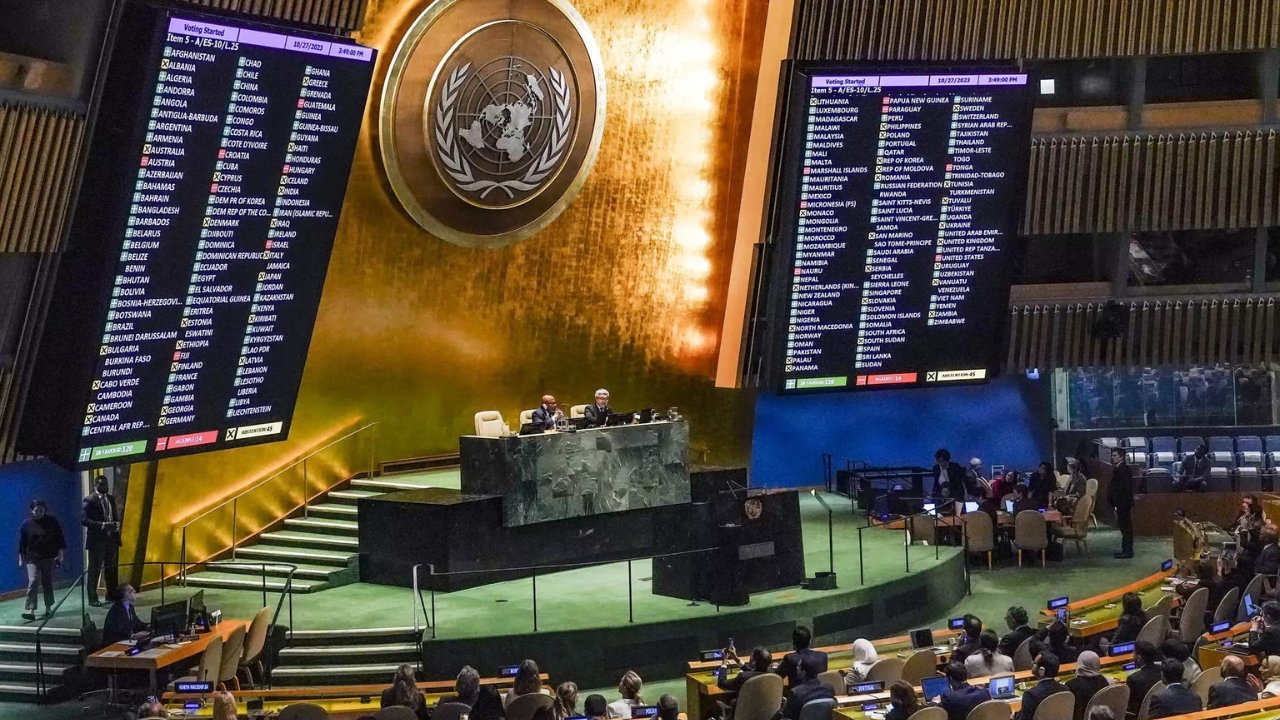A report published Thursday by the UN agency stressed that Sri Lanka, which will hold its first presidential vote since recovering from a deep economic crisis, has not reformed its human rights protection system despite vowing to do so.
Instead, laws and bills introduced since 2023 have given “broad powers to the security forces” and expanded “restrictions on freedom of expression and opinion and association”, OHCHR said.
“This trend is particularly concerning as the country is in an important pre-election period,” UN Human Rights Chief Volker Turk said in a statement.
OHCHR also highlighted the “erosion of democratic checks and balances, ongoing threats and intimidation against civil society and journalists, and recurrence” of past rights violations.
The state has continued to arbitrarily arrest and detain people, the report said, citing recent cases including “torture and deaths in custody”.
Sri Lanka has maintained a large military relative to its population of 22 million since the end of a decades-long civil war against the separatist Tamil Tigers in 2009.
Turk urged the South Asian country to “recognise victims’ suffering” and “acknowledge security forces’ role” in committing “gross human rights violations” as the report blamed impunity and a persisting lack of accountability.
A lightning military offensive killed at least 40,000 civilians in the final months of the fighting, according to UN estimates. Sri Lankan forces were accused of indiscriminately shelling civilians.
“Crimes and violations committed during and after the civil war… must not go unpunished,” the High Commissioner said.
Sri Lanka has been cash-strapped and in April 2022 defaulted on its $46 billion foreign debt when it ran out of foreign exchange for essential imports.
An unprecedented economic crisis in 2022 caused months of food, fuel and medicine shortages across the island nation, spurring widespread unrest.
Austerity measures followed, heavily impacting women and the poor in particular, the report noted.
Local elections were due to be held last year but postponed indefinitely after the government insisted it had no money to conduct a nationwide vote.






